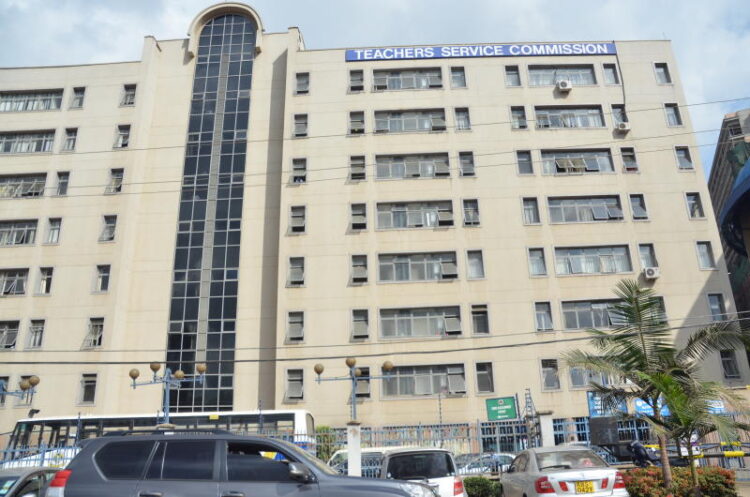New Structured Allowance System for Teachers Proposed in TSC (Amendment) Bill, 2024
Teachers across Kenya could soon benefit from a more organized and predictable allowance system if the Teachers Service Commission (Amendment) Bill, 2024, is passed by the National Assembly. The Bill, introduced by Mandera South MP Abdul Haro, proposes revisions to the Teachers Service Commission Act of 2012 to bring consistency and clarity in managing teacher allowances.
The National Assembly has invited the public to submit opinions and memoranda on the Bill to the Departmental Committee on Education by May 9, 2025. This public participation requirement aligns with Article 118(1)(b) of the Constitution and Standing Order 127(3), as outlined in a notice issued by Clerk of the National Assembly Samuel Njoroge.
Central to the proposed legislation is the introduction of a new Section 32A, which establishes a formal process for appointing teachers in acting roles. Additionally, a newly proposed ‘Schedule Four’ details nine types of allowances, including housing, commuter, hardship, leave, transfer, special school, reader’s facilitation, responsibility, and acting allowances.
Among these, only the responsibility allowance will count as pensionable if earned up to the retirement date. The rest will be categorized as non-pensionable. The Bill also amends Section 11 of the TSC Act, mandating the Commission to consult the Salaries and Remuneration Commission (SRC) on allowance payments.
Abdul Haro stated that the Bill’s main aim is to institutionalize transparency and fairness in handling teachers’ benefits. He emphasized that the changes are intended to legally authorize the Commission to pay various allowances to teachers in addition to their basic salaries.
Union Demands and Ongoing Negotiations
This legislative initiative coincides with intensified demands from teachers’ unions for substantial salary and allowance adjustments. The Kenya National Union of Teachers (Knut) has proposed a 60 percent increase in basic pay and improved allowances under its proposed collective bargaining agreement (CBA) with the TSC.
KNUT demands extend to include compensation for work during public holidays, added credits for teachers in hardship zones, and allowances for individuals acting as deputies or departmental heads without formal confirmation.
Both unions were earlier criticised for endorsing the 2021–2025 CBA despite the absence of salary increases, but they defended their stance as being in compliance with prevailing legal constraints.
Meanwhile, the Kenya Union of Post Primary Teachers (Kuppet) has called for basic salary increments ranging from 50 to 100 percent and additional allowances, including a risk allowance for science teachers.
The unions are advocating for additional monetary rewards for teachers who work on public holidays, either as overtime or fixed payments. Knut has also demanded that teachers in arid, semi-arid, and other difficult-to-staff areas receive three incremental credits.
Moreover, it insists that acting allowances be paid to teachers serving in roles such as deputy headteacher or department head, even if not officially confirmed.
Knut and Kuppet have previously faced criticism from their members for signing the 2021–2025 CBA, which lacked a monetary component. The unions have defended their stance by arguing that rejecting the agreement could have led to legal complications due to pressing deadlines.
The Bill, currently under review by the National Assembly’s Departmental Committee on Education, is expected to boost morale and motivation among teachers by formalizing benefits and offering a more structured approach to compensation.
Read Also: TSC Clarifies 25,000 Teachers Promotions Concerns, Calls for Amicable Resolution
Should the Bill be enacted, it is anticipated to enhance fairness, transparency, and motivation among educators. One teacher expressed hope, saying the law could finally “recognize the sacrifices many of us make while acting without official confirmation.” Another remarked that the Bill might restore “trust in the system and bring dignity to temporary assignments.”
Abdul Haro noted that this initiative not only honours long-standing demands but also provides a legal and equitable framework to guide future appointments and payments.
New Structured Allowance System for Teachers Proposed in TSC (Amendment) Bill, 2024.



Discussion about this post